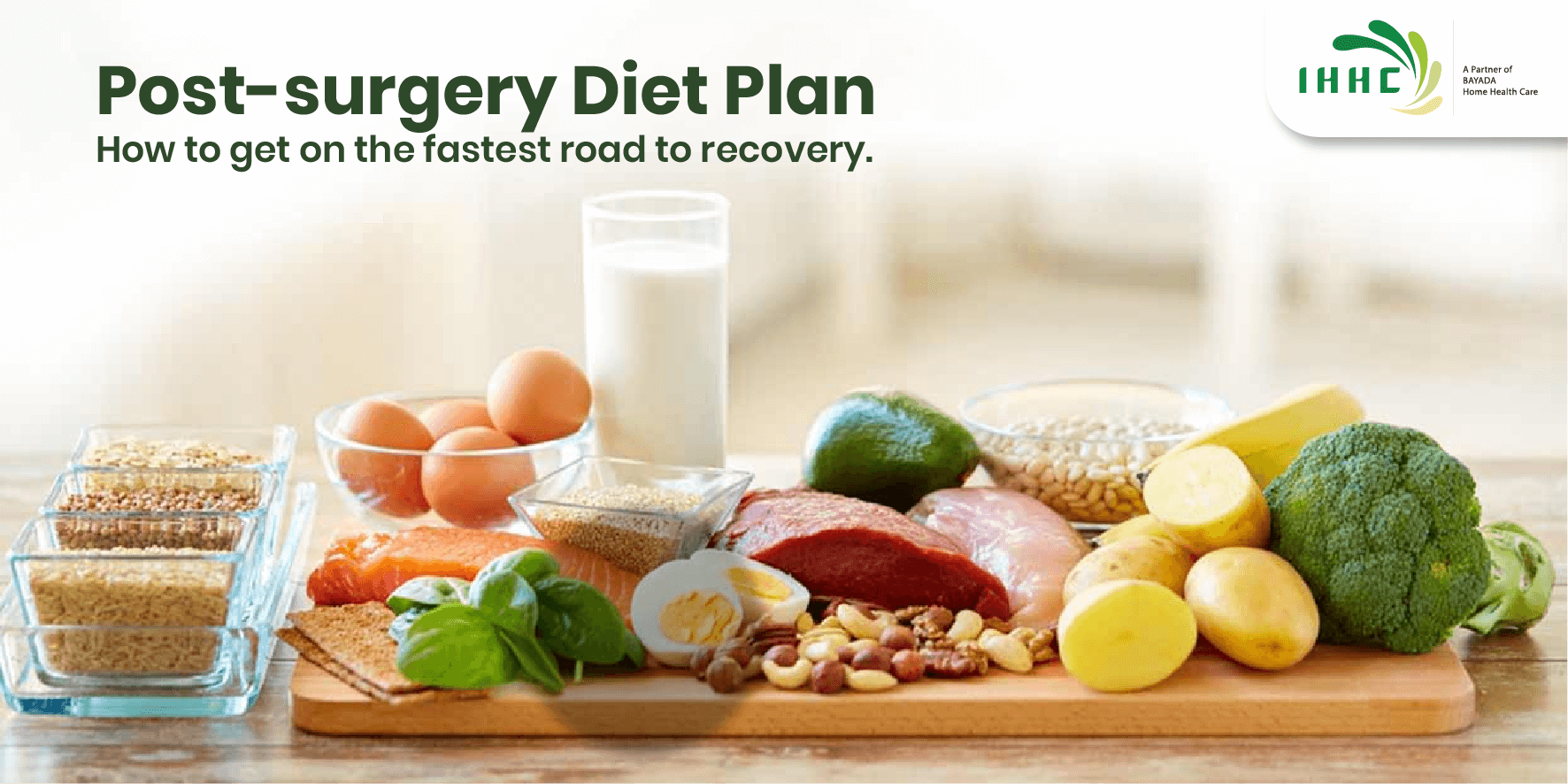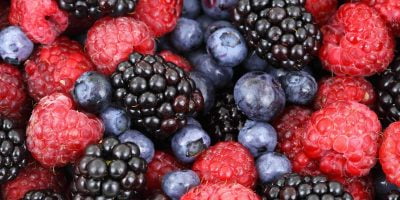During your lifetime, you will most likely have a surgical procedure. Recovering from hip replacements, cataract surgery, fractures, cancer operations, biopsies, heart surgery and back operations are the most common. There are a few important things you can do to make a smooth and speedy recovery, post-surgery – and one of the most important things is to focus on nutrition. Post-surgery, it is critical that you eat a healthy diet that promotes healing – keeping in mind the nutritional and healing properties of the foods you eat. Certain foods could help with post-op fatigue while also aiding in the body’s recovery process. Foods you consume should include:
- Protein – essential to wound healing
- Vitamin C and zinc – to help with healing
- Iron and B12 – both help bone marrow to form new blood cells
- Fibre and probiotics – help to boost the immune system and keep your digestive tract moving
However, there are some foods you should avoid, such as:
- Sports drinks and sodas: It is important to stay hydrated, but the sodium in these drinks can cause the body to retain water, making it more difficult for the swelling to go down
- Limit the intake of refined sugars – these can lead to increased fatigue due to fluctuation in blood sugar levels
The best foods to eat, while healing
These foods will provide your body with the energy and nutrition it needs to:
- Fight off infections
- Accelerate healing
- Increase strength and energy
Berries
Antioxidants in berries are a powerhouse of nutrition that help the body repair surgical damage. Berries are also an excellent source of vitamin C, which is helpful in rebuilding collagen and soft tissue, so your incision site will heal quicker.
Fruits with antioxidants include:
- Grapes
- Pomegranates
- Blueberries
- Raspberries
- Strawberries
- Goji berries
- Blackberries
Vegetables
The vitamins and minerals that are found in vegetables are some of the most important nutrients for your healing diet. Vegetables in your daily diet add carbohydrates, which will help you battle the fatigue that is commonly experienced post-op. Carbohydrates also provide the brain with energy and stop muscle from breaking down while the body will also get a boost of vitamin A and C. Plus, fibre in a diet high in vegetables reduces constipation – which is a common side effect of pain medication and decreased mobility. Some of the veggies integral for a quick recovery are:
- Carrots
- Sweet bell peppers
- Broccoli
- Cauliflower
- Cabbage
- Brussel sprouts
- Sweet potatoes
- Potatoes
- Tomatoes
Fats – nuts, oils, oily fish
Fats provide you with a long-lasting source of energy. Following surgery, healthy fat helps your body absorb all those vitamins you get from fruits and vegetables. Fat is crucial for strengthening your immune system while decreasing your chances of infection. Many types of fats and nuts are high in vitamin E, particularly almonds – and vitamin E helps wounds heal faster while reducing scars. Healthy fats to include in your diet:
- Olive oil
- Avocados
- Coconut oil
- Nuts
- Seeds
Dark leafy greens
Leafy greens are vitally important. A large, serving of greens gives you a dose of vitamin A, C, and E, as well as vitamin K, which is essential for blood clotting. You will also be absorbing B-complex vitamins, which help with energy levels – as well as fibre, iron, magnesium, potassium and calcium. Incorporate these vitamin-rich, dark leafy greens, in your post-op diet::
- Kale
- Spinach
- Swiss chard
- Bok choy
- Mustard greens
- Romaine lettuce
Meat and other proteins
Following surgery, the body needs a high amount of protein and iron. Muscles may have been damaged, moved and manipulated during the surgical procedure. They now need to be repaired. Amino acids in the protein help repair muscle damage by regenerating tissue and speeding up wound healing. Iron will help you regain energy levels more quickly as iron creates new blood cells. Stock up on iron and protein through foods like:
- Poultry
- Seafood
- Beans and lentils
- Nuts
- Eggs
- Tofu
Eggs
Nature has provided us with the ideal healing food: Eggs. They are a traditional first meal to serve to invalids and recovering individuals, for very good reasons. One egg provides the body with:
- 6 Grams of protein
- Vitamins A, E and K
- B complex vitamins (including B12)
- Riboflavin
- Folic acid
- Calcium
- Zinc
- Iron
Fruits
Fibre is essential following surgery, to avoid the discomfort of constipation. Fruits provide that fibre with a dose of colour, vitamins and energy boosting carbs. Some of these must-have fruits are:
- Oranges
- Apples
- Berries
- Melon
- Apricots
- Peaches
- Grapefruit
- Mango
- Papaya
- Tomatoes
Whole grains
Eating whole grains will provide your body with the carbohydrates your brain needs for energy and stop your muscles from breaking down. Whole grains will also give you another dose of fibre. You may also feel tired and weary following your surgery – so the right kind of carbs will boost your energy levels.
Water
The most critical nutrient your body will need after surgery is water. Dehydration is common and maintaining adequate levels of hydration will help you recover quicker. Depending on the type of surgery you have, and the medications you are on, your need for fluid intake may be higher than usual. To make your fluid intake more interesting, these can include:
- Water with lime or lemon
- Coconut water
- Eating high water content foods like soup
- A smoothie with extra fluid
- Herbal teas (either hot or cold)
Surgery drains the body’s reserves. By providing your body with these essential nutrients you may have an easier, quicker recovery. But every person’s needs are different. Talk to your doctor or a registered dietitian to set up an eating plan that meets your specific needs.
[“source=indiahomehealthcare”]


